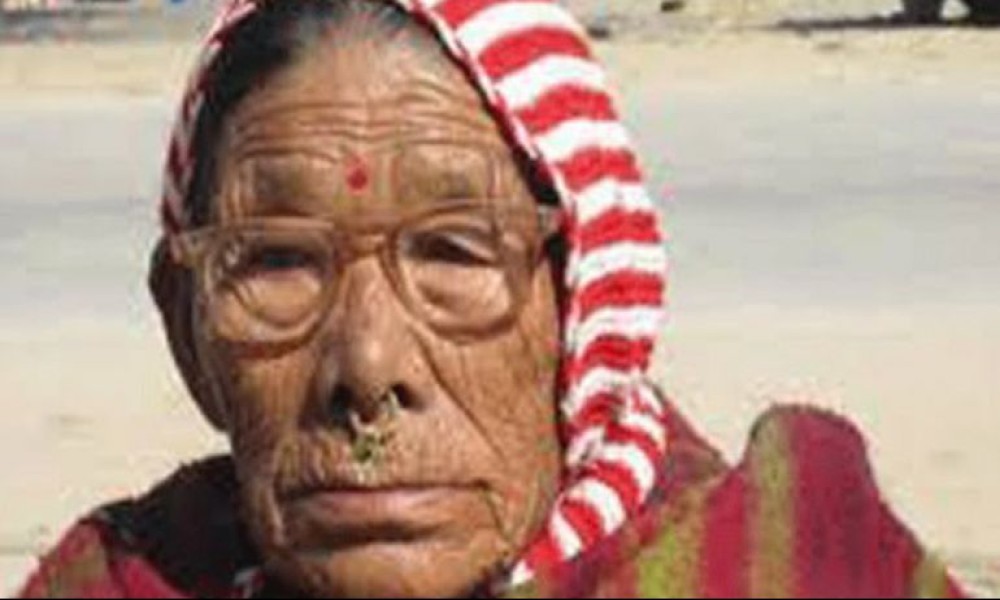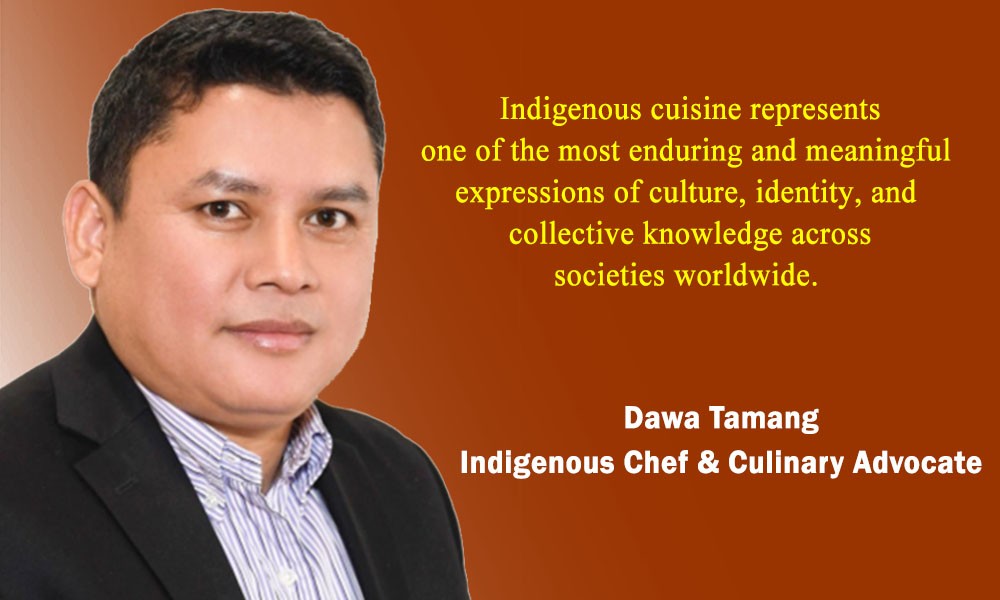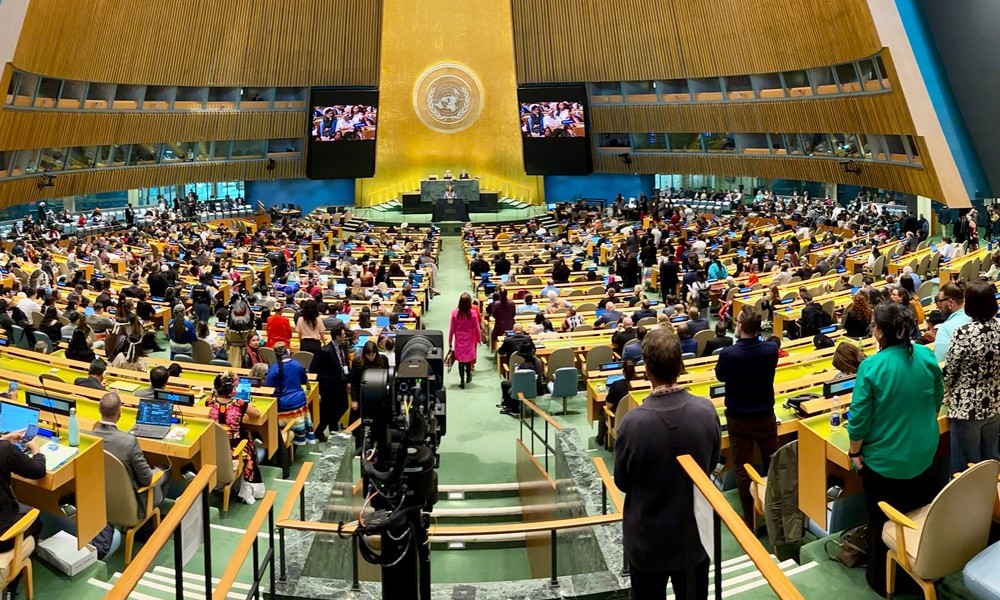As Indigenous Peoples from across the world eagerly wait for this year's International Mother Language Day (21 February), Nepal has some bad news to share with those who love, care about and are fighting for linguistic diversity.
On 25 January, Nepal lost one of the last two surviving Kusunda-speaking people. The passing away of 85-year-old Gyani Maya Kusunda comes as a huge blow to the campaign for preservation of the dying Kusunda language.
After Gyani Maya's death, her younger sister Kamala, who is in her fifties, is now the only Kusunda-speaking person. For Kamala, Gyani Maya was the ultimate authority on their mother tongue. They used to talk to each other in their own language.
Now that Gyani Maya is gone, who will Kamala now talk to in her mother tongue?
Despite Gyani Maya's efforts, her children and grandchildren have not been able to learn their mother tongue yet. They know a few words. But a few words do not make an entire language.
On 25 January, Nepal lost one of the last two surviving Kusunda-speaking people. The passing away of 85-year-old Gyani Maya Kusunda comes as a huge blow to the campaign for preservation of the dying Kusunda language.
Gyani Maya spent the last years of her life trying to transfer her knowledge about Kusunda language to the new generation, and to everyone who would want to learn this language. She also collaborated with Uday Raj Ale, a researcher, to develop a dictionary of Kusunda words.
The government had used Gyani Maya as a resource person in Kusunda language classes. Her death is the loss of a living dictionary of Kusunda language.
Just like other Kusunda people of her generation, Gyani Maya was born in a jungle somewhere in western Nepal. She grew up constantly wandering through the woods, eating wild roots and bulbs and collecting alms from nearby villages.
Kusunda people still consider themselves as the kings of forest. Until a a couple of decades ago, they confined themselves to the forested areas of western Nepal. They did not like to settle down in one place. Nor did they want to mingle with other communities.
While in the jungle, Kusunda men would hunt down wild animals and birds, especially monitor lizards and pheasants. However, they would spare wild animals with hooves. As it became harder to live in the jungle, especially after the start of the Maoist war in 1996, they slowly began to assimilate with people from other tribes.
After being identified as one of the last remaining Kusunda-speaking people, she devoted her life to saving her mother tongue. Her death has been mourned by many as the loss of a battle to preserve Nepal's linguistic plurality.
Gyani Maya also got married to a man belonging to the indigenous Magar community. After marriage, she settled down in a village in Dang district. She lived a quite life for years, without realizing how valuable her ability to speak Kusunda language was.
After being identified as one of the last remaining Kusunda-speaking people, she devoted her life to saving her mother tongue. Her death has been mourned by many as the loss of a battle to preserve Nepal's linguistic plurality.
Nepal is proud of its linguistic diversity. It claims that 123 languages exist in Nepal, but one of them -- Kusunda -- is now certainly on the death bed. Nevertheless, Gyani Maya's death should not be an excuse for the government, or us, to allow Kusunda language to become extinct.
Building upon what Gyani Maya has already given to us, and by using her younger Sister Kamala as the new resource person, the government should act on reviving the dying Kusunda language. Only that will be a true tribute to Gyani Maya Kusunda.









